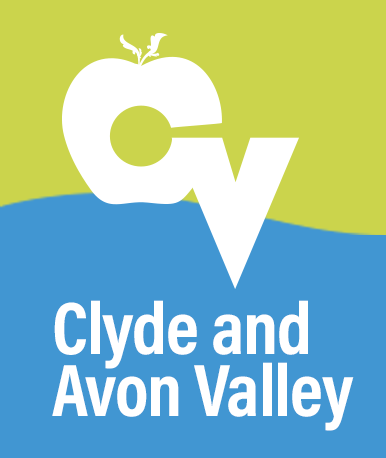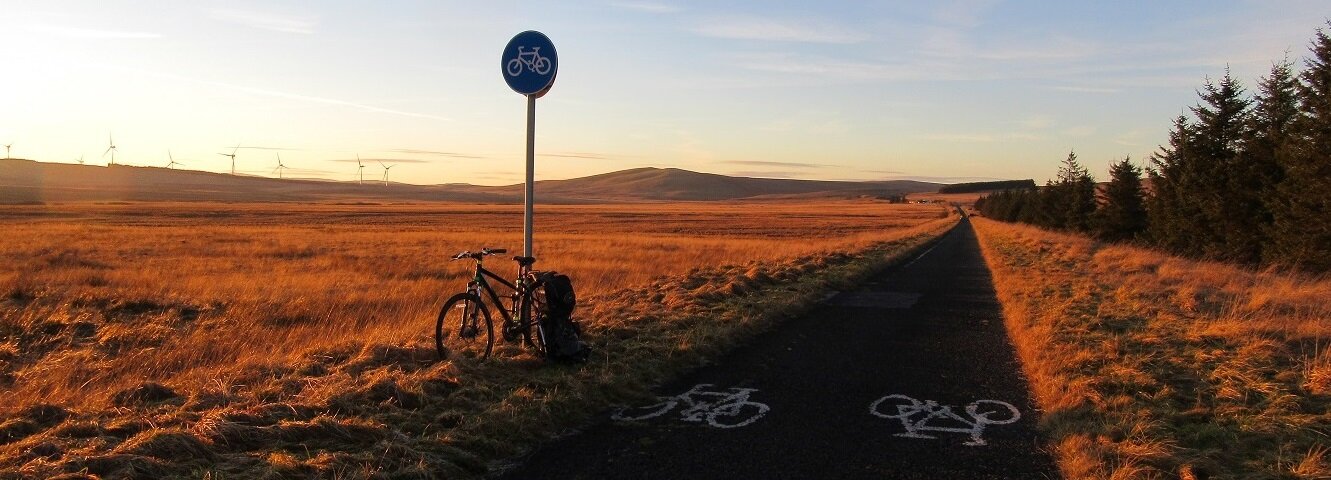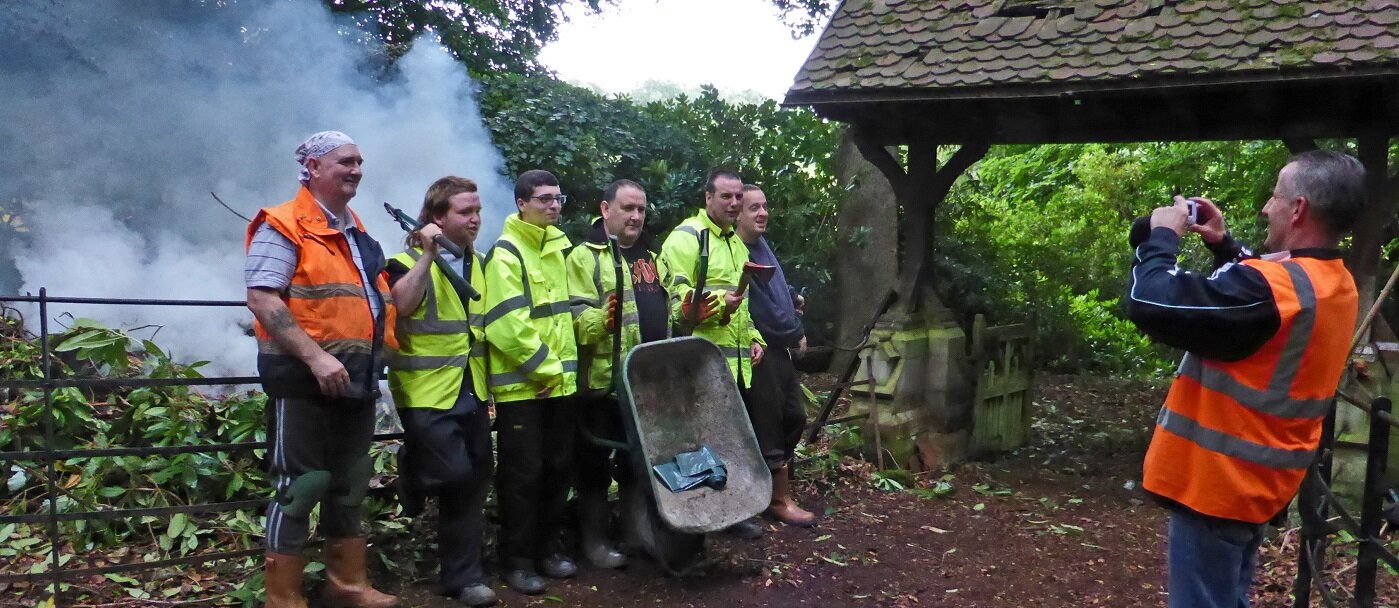Help keep your community clean
What help is available?
Communities and local groups play a vital role in keeping towns, villages and the countryside clean and tidy. It makes them pleasant for people to live in and visit. A local clean-up is a great way to improve your neighbourhood and get everyone in your community together. Everybody can make a contribution, whatever their age or abilities. And it’s a great way for people to get to know one another.
Local councils are keen to support local people and community organisations to do their bit and if you are planning a community clean-up in your area, you can contact your local council who can provide you with all the equipment needed for a successful event, including waste bags, litter pickers, high-vis vests and protective gloves. Your local council can also arrange to uplift of full litter bags once collected. To get help from your local council for your clean-up event, contact:
South Lanarkshire Council: on 01555 667 958
North Lanarkshire Council: on This email address is being protected from spambots. You need JavaScript enabled to view it. or call 01698 355 228
You should have the following information to hand:
- The area(s) which will be cleaned up
- Numbers of children / adults taking part
- An address for delivery / uplift of equipment
- Dates and times of clean up events

Some things to think about when planning an event:
Before the event: First of all, decide what needs to be done. Make sure you can do what you need in the time you have available. If the job is too big to complete in a day, break it up into chunks that you can complete over a number of sessions. When you have decided what you need to do, you need to think about who is going to carry out the various tasks. For example, you should allocate people to organise equipment, carry out risk assessments (if required) and arrange refreshments. Timing is important too. Think about holding the event at a time when most of the people you need will be able to attend, such as an evening or a weekend.
During the event: You should identify one person who will lead the event on the day. It will be their responsibility to co-ordinate the volunteers and to know what the emergency procedures are. Remember - A picture can tell a thousand words and can be useful for promoting other events in the future. Use photographs to record key moments. Also, if you send them to the local press you might get publicity for your achievements.
After the event: Try to report back to your volunteers on what the event achieved. You may also want to tell other people such as local councillors or other local groups. Make sure that one person gathers all of the records and keeps them in a safe place, as you will need them in the future.

Risk Assessments: You should carry out a risk assessment before the event. This involves:
1. Identifying any hazards. Hazards could include unidentified cans or canisters, broken glass, syringes, clinical waste, etc.
2. Deciding who might be harmed and how
3. Evaluating the risks and deciding on precautions
4. Recording your findings and implementing them
5. Reviewing your assessment and updating it if necessary.
Public liability insurance: If you are organising clean-up activities or working with members of the public, we would strongly recommend that you obtain liability insurance cover for your group. This is essential to avoid personal liability for damage to third party property or an injury to a member of the public arising from the group’s activities. If there is an accident and your group is not insured, it could be liable to compensate third parties. Public liability insurance is the most common type of insurance used by small organisations. It protects the group for legal liabilities in respect of injury, death and loss or damage to property of the public affected by the work of the group. The cost will vary depending on the activities your organisation undertakes and the procedures your organisation follows to minimise risk. There are lots of companies that can provide insurance for this class of risk. Just search on the internet for voluntary group insurers. If your group does not have insurance, make sure that all members of the group and any volunteers are made aware of this. If they are concerned, they should not get involved in the activity.
Hazardous Waste: Make sure everyone is aware of potentially dangerous items which they should not touch or pick up. If nasty or dangerous pieces of litter such as drums, cans or syringes are spotted at any stage during the pick-up, do not attempt to move them yourself. Make a note of their location and inform the council.
Top Tips
- Identify a first-aider for the event
- Make sure all children are accompanied by adults
- All participants should wash their hands thoroughly before eating or drinking. (You should also consider providing anti-bacterial wipes)
- Appoint an event co-ordinator who will know the emergency procedures and to whom accidents should be reported
- At the start of an event, make sure volunteers can handle tools and equipment properly and they understand any potential hazards associated with the work they will be doing
If rubbish and fly-tipping in the area in question is a persistant problem requiring action, report it through Dumb Dumpers, the fly tipping hotline.









